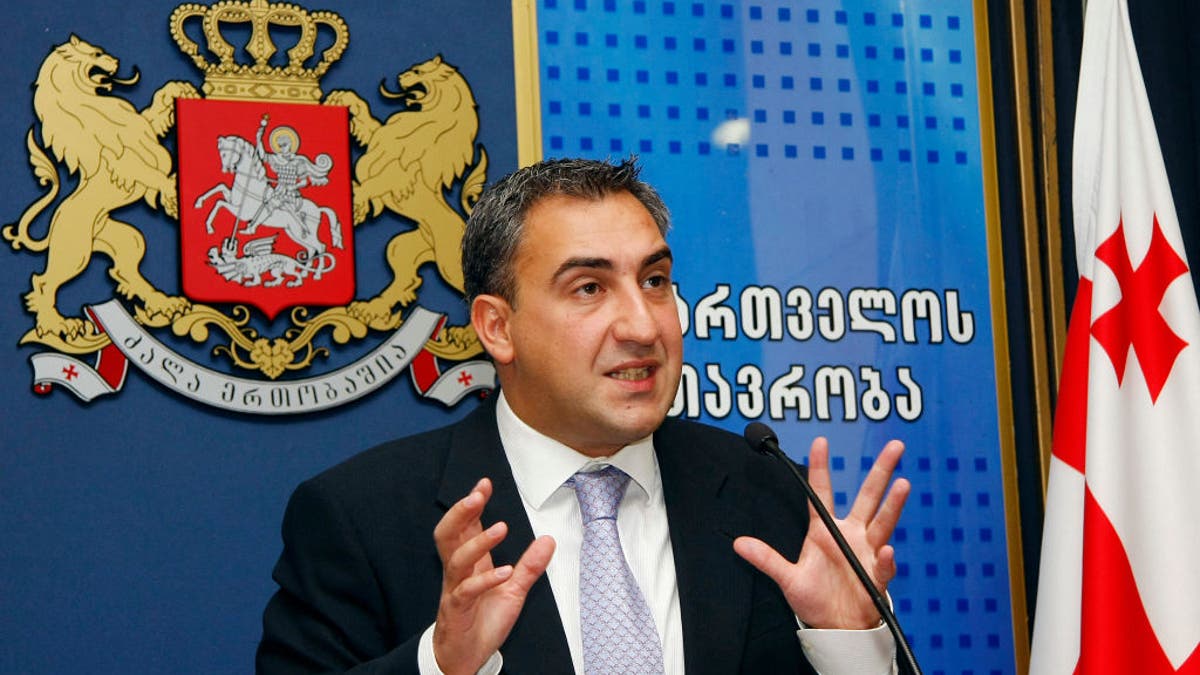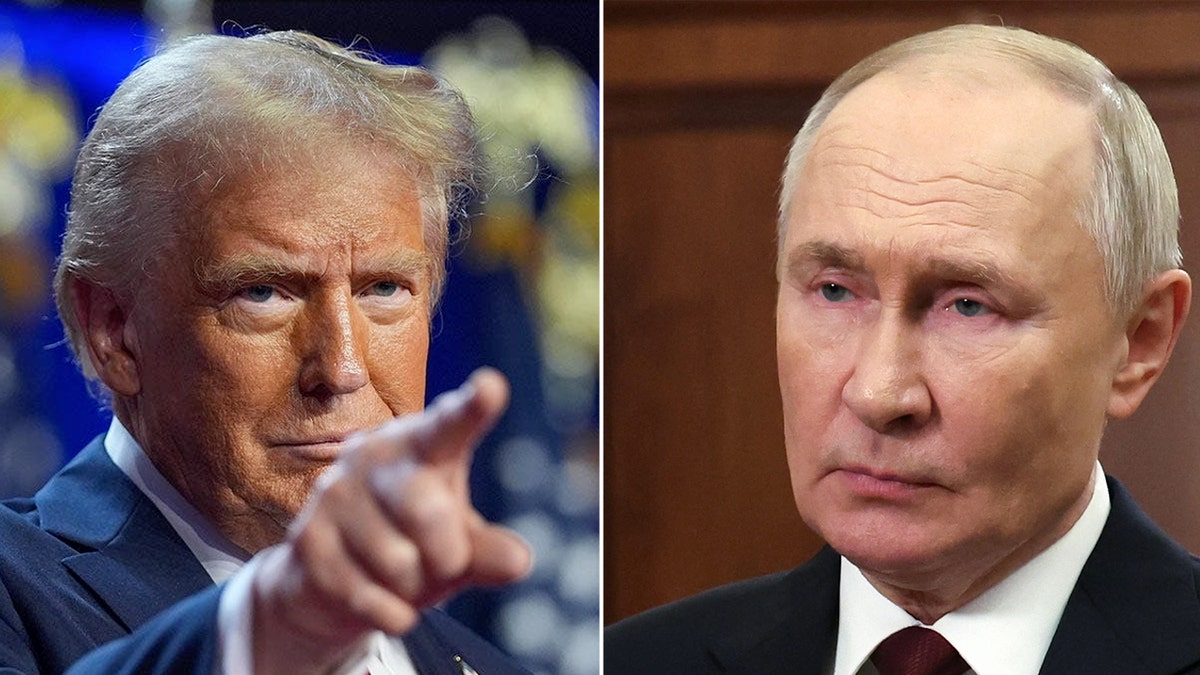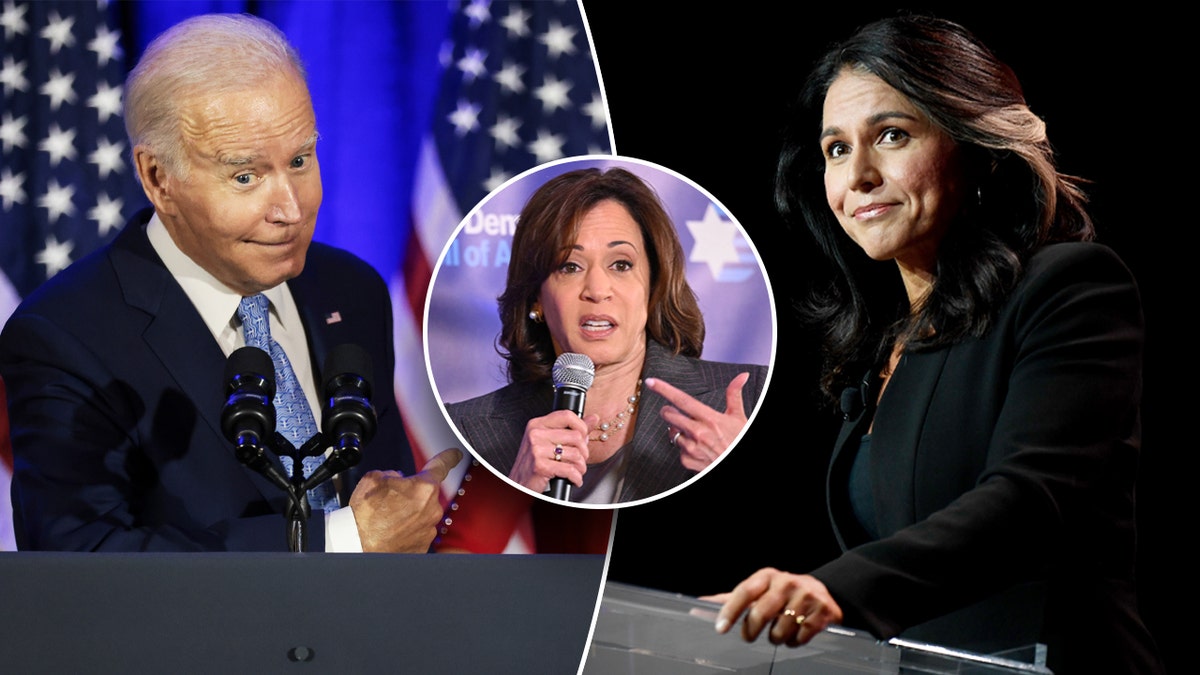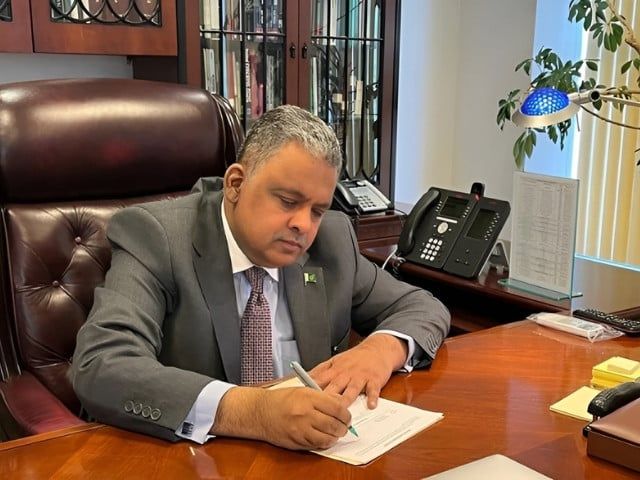The Sinaloa Cartel, under pressure from the Biden administration's crackdown on fentanyl production in Mexico, has reportedly moved some of its operations to Colombia. This shift comes as authorities target the "Chapitos," sons of notorious drug lord El Chapo, for their alleged role in the fentanyl crisis.
Colombian authorities recently apprehended two high-ranking Sinaloa Cartel members, Carlos Omar Felix and Silvano Francisco Mariano, at Bogota's El Dorado International Airport. The two men, wanted by the U.S. for allegedly working under Ovidio Guzman, one of the Chapitos, were found operating a sophisticated fentanyl laboratory in an upscale Bogota apartment complex. The lab, capable of producing an estimated 100,000 counterfeit fentanyl pills daily, showcased the cartel's evolving tactics.

The raid uncovered not only fentanyl but also pill pressing machines, precursor chemicals, and firearms, indicating a significant investment in Colombian operations. While Colombian officials believe this lab represents a substantial expansion of the cartel's activities, a Sinaloa Cartel operative revealed to Fox News Digital that Colombia is just one of several "testing sites." The cartel is reportedly exploring the feasibility of diverting legally produced fentanyl from Colombian hospitals and pharmacies to fuel its illicit operations.
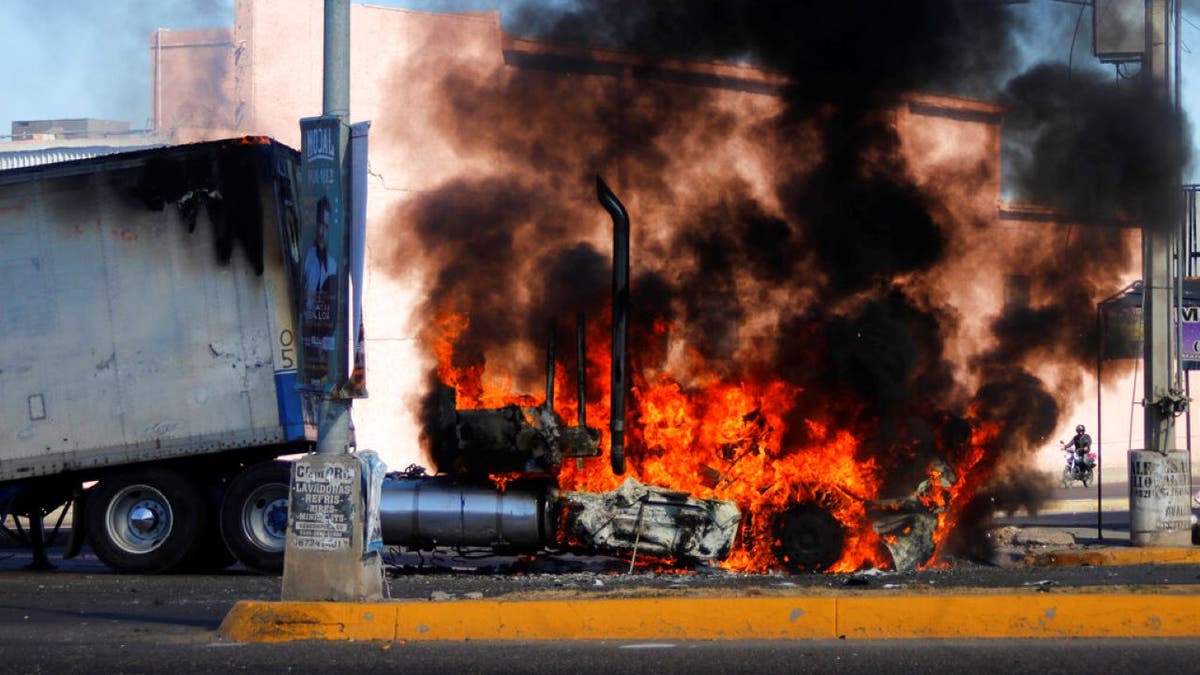
This strategic shift comes as Mexican authorities have intensified their efforts to dismantle fentanyl labs in Sinaloa, seizing over 600 such facilities. Despite these efforts, fentanyl continues to flow into the U.S. at alarming rates, with seizures exceeding 17,000 pounds in the first four months of 2023 alone.
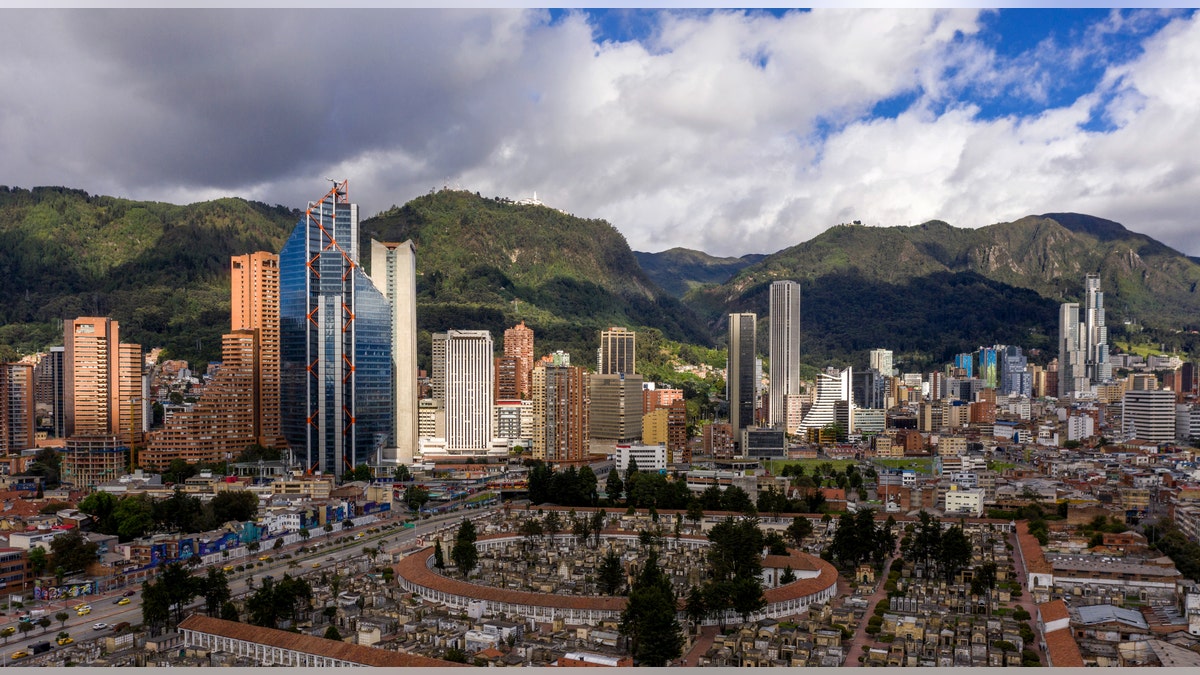
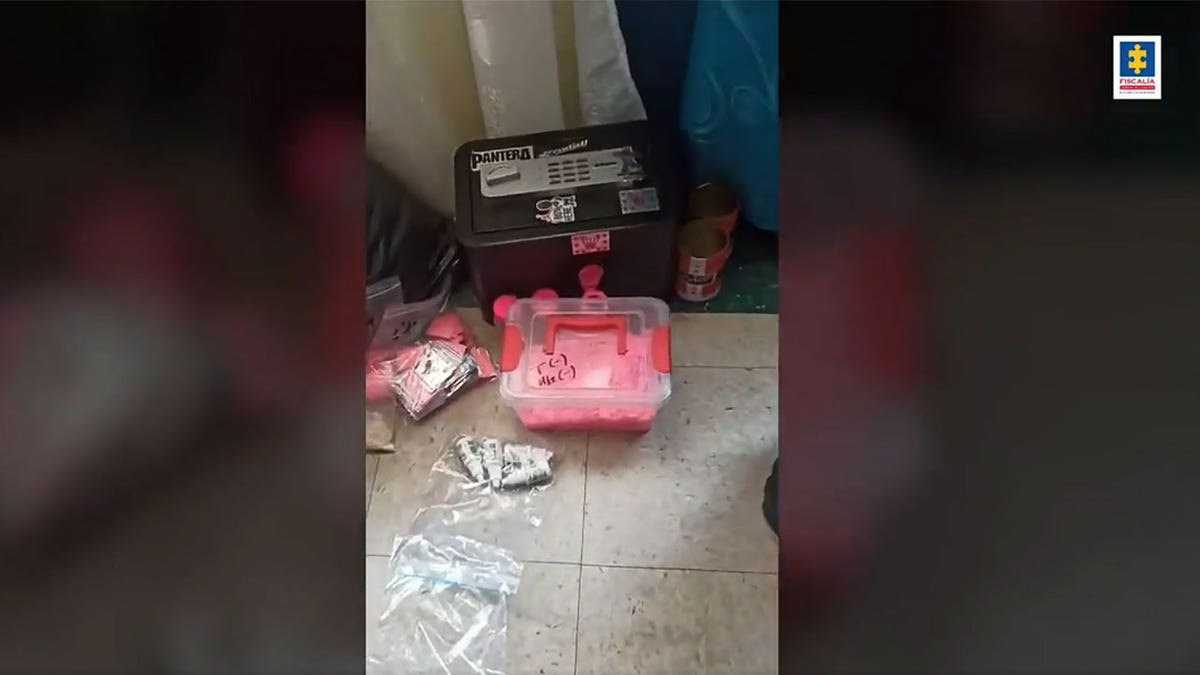
The Chapitos, despite facing indictments from the DEA and being labeled as leaders of the "largest, most violent, and most prolific fentanyl trafficking operation in the world," deny any involvement in the fentanyl trade. However, evidence collected by Mexican authorities directly links the Guzman family to numerous fentanyl labs in Sinaloa.
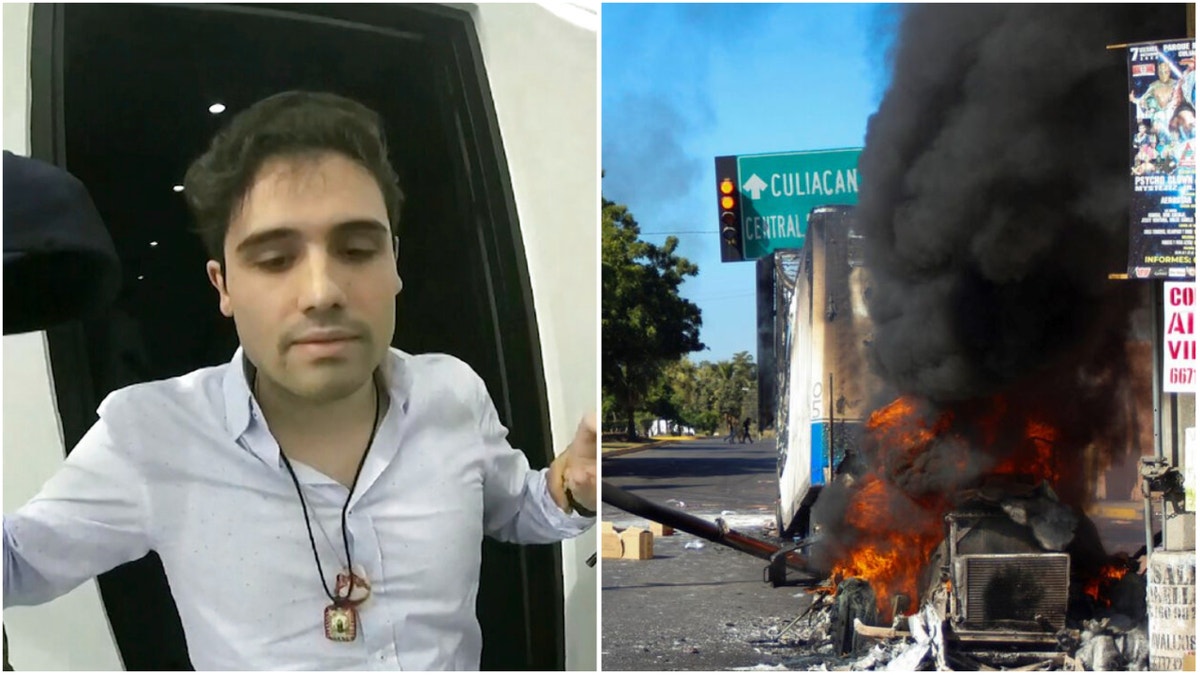
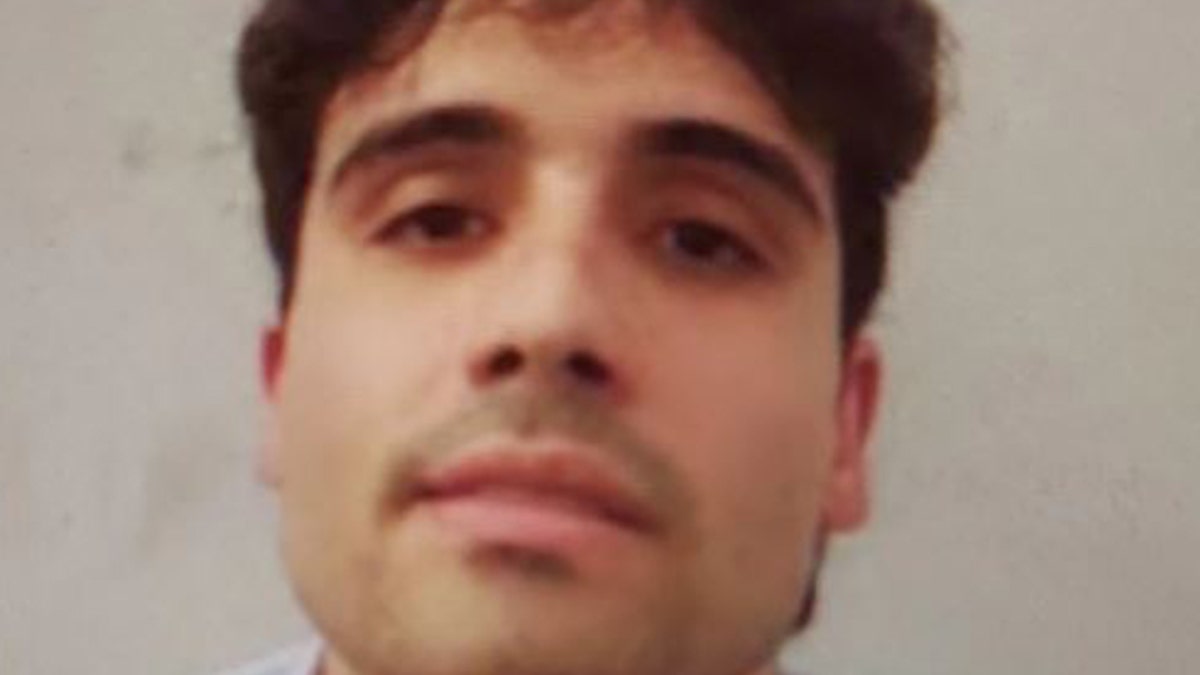
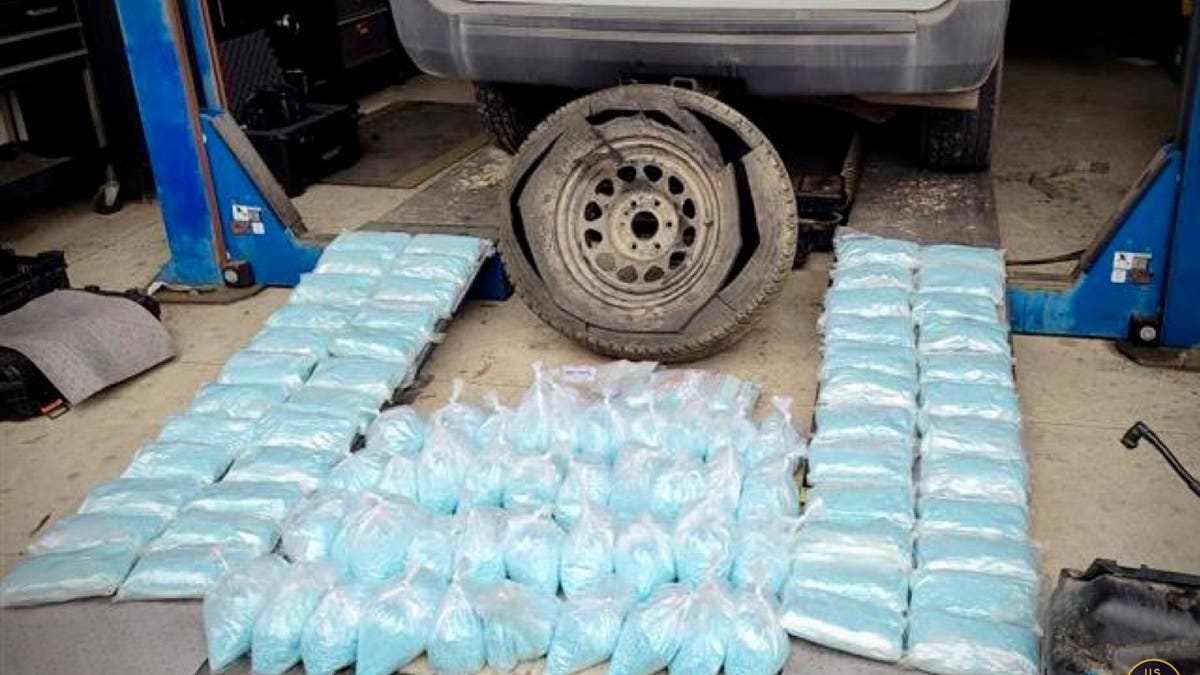
The Sinaloa Cartel's expansion into Colombia highlights the organization's adaptability and determination to continue its illicit activities, despite international pressure. As the cartel seeks new avenues for fentanyl production and trafficking, the fight against the deadly opioid epidemic faces increasing challenges.



